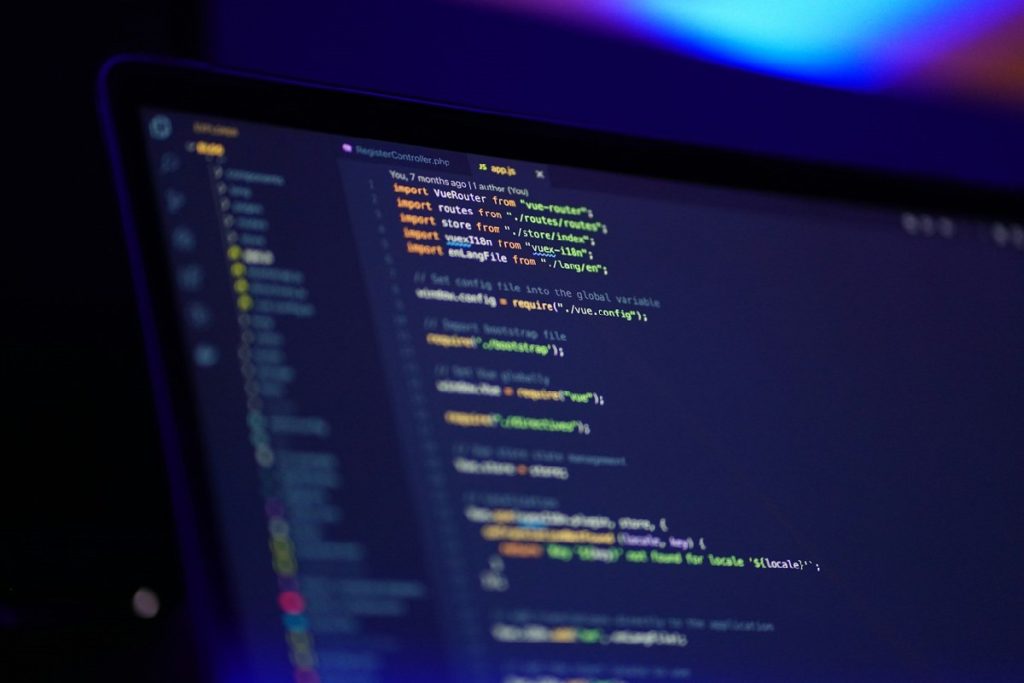Table of Contents
What is a Programming Error?
The Programming errors affect the software code. This is implemented incorrectly, so the app doesn’t work as expected. There are five types of programming errors. These can be mutually dependent.
Probably every user has already experienced a “bug”. For example, the screen flickers briefly, and the running program crashes. The background of these errors, also called software or program errors, are programming errors.
The terms are often used synonymously; the boundaries are fluid. A runtime error is, for example, a software error, but not necessarily a programming error since an incorrect program call or input can also cause it.
Types of Programming Errors
A programming error is one of the essential skills in the modern world, shaping our experience of much of the technology we interact with daily.
Syntax Errors
Just as our language has grammatical rules, so do computer languages. However, although we can understand someone whose grammar is imperfect, computer cannot handle syntax errors. In many cases, a syntax error will stop the program from running. While syntax errors are the most shared type of error (the equivalent of a typo in written English), the good news is that they occur less frequently as the skills and experience of the programmer increase.
Logical Errors
Logic errors are tough to detect. The program may seem to be working, but you have accidentally programmed it to do something wrong. So the programming is doing its job, but the position is incorrect. For example, an infamous situation occurred in the 1990s when NASA lost Mars Observer because it had programmed the software in US units instead of metric units.
Compilation Errors
When a programming language requires a compilation step, a high-level language must convert to a low-level language that the computer can process better. A build error occurs when the computer cannot transform the code correctly, such as when a syntax error breaks the build process. The best way to avoid build errors is to look for feedback early to find build issues as you work. Running your compiler frequently will allow you to get step-by-step feedback to address the problems as they arise.
Semantic Error
This problem arises when working with variables that were not previously defined. So the code doesn’t make sense, even though everything else is correct. As an extreme example: “The sun drives a car today.” Everything fits, but the phrase is nonsense.
Runtime Errors
A runtime error occurs when a user runs your program and the code doesn’t work as expected. The code may work correctly on your machine, but the web server or end user may have a different configuration or interact with other software in a way that could cause a runtime error.
Runtime errors are especially notable because they affect the end user and prevent the user from completing their tasks. To combat runtime errors, make sure you have a reporting process in place to stay on top of runtime errors, both to fix and learn from them for future programming.
Mutually Dependent Error Patterns
A lexical and syntactic error may, for example, be mutually dependent. After all, a different spelling of a word can carry a different meaning and is therefore not necessarily recognized as a misspelling. “Car” instead of “Var” is an example of this. This can cause a semantic error because a variable was define. In the “search for errors”, therefore, you should not only search for one type of error. Always check if these have also given rise to other kinds of problems.
Advice from the Good Programmer Error
Consider the divisions by zero in terms of arrangements, and do not access positions that do not exist.
Make use of exceptions and validations when considering that the user can enter values different from those the application can receive.
When designing an algorithm, we consider all the possible scenarios the application can take during its execution.
Finally, as the saying divide and conquer goes: an excellent way to counter logic errors is to break large and complex algorithms into small tasks so that the code is more readable. Any logic errors can easily debugger.
Conclusion
The most common critical errors in programming languages, especially of the functional or imperative type, are 1- Errors of division by zero or by a divisor equal to 0. 2- Errors with pointers: pointers that misallocate or not initialized. They are the most difficult to detect.
